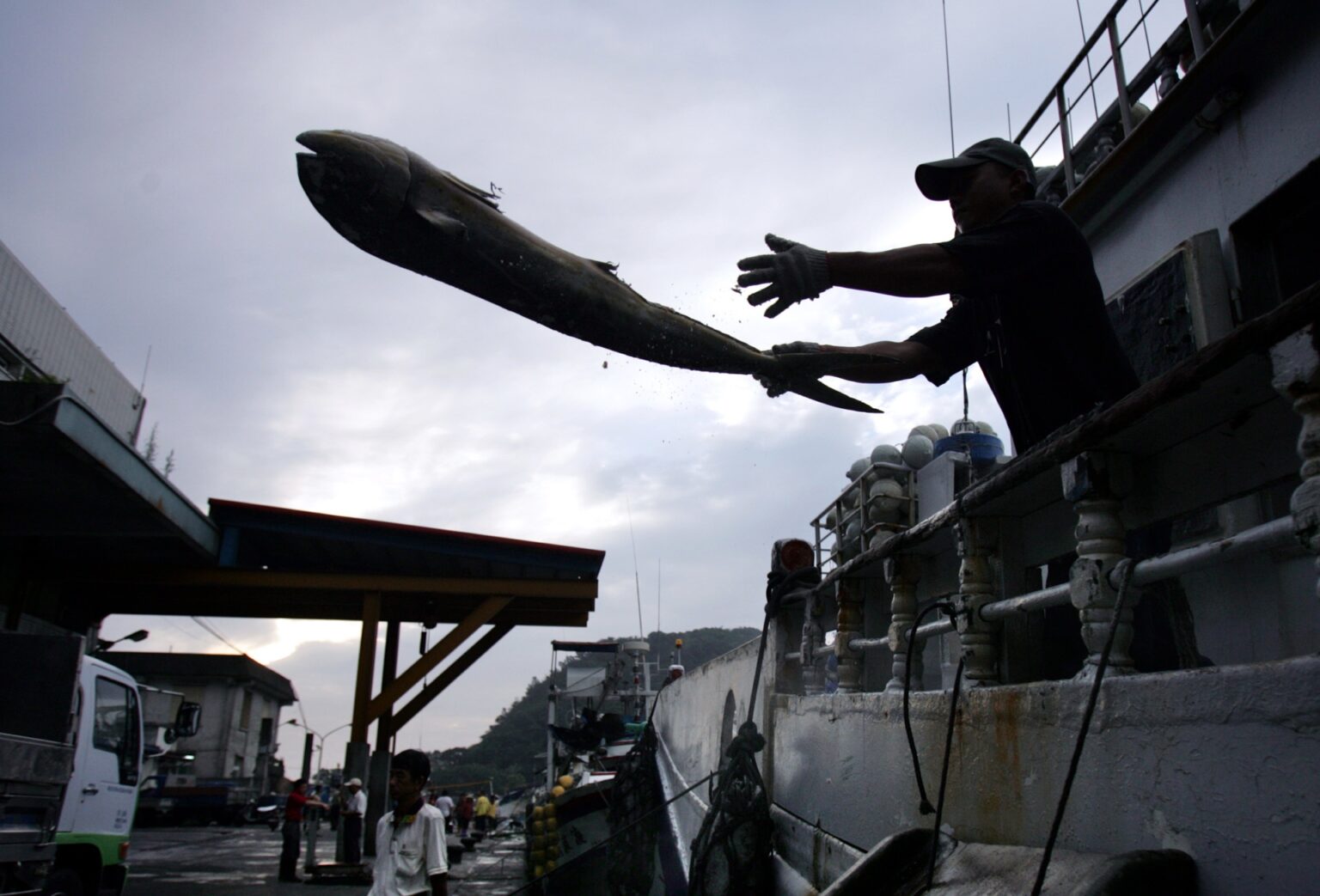Global Courant 2023-05-24 09:45:35
North Korea, Eritrea and Mauritania have the highest prevalence of modern slavery in the world, according to the 2023 Global Slavery Index, which notes a “deteriorating” situation worldwide since the last survey five years earlier.
According to the report, published Wednesday, an estimated 50 million people will be living in situations of modern slavery by 2021, an increase of 10 million from 2016, when the problem was last measured.
The figure includes about 28 million people in forced labor and 22 million living in forced marriage.
The situation is deteriorating “against the backdrop of increasing and more complex armed conflicts, widespread environmental degradation” and the impact of the coronavirus pandemic, the study said.
The report, prepared by the human rights organization Walk Free, defines modern slavery as encompassing “forced labour, forced or servile marriages, debt bondage, forced commercial sexual exploitation, human trafficking, slavery-like practices and the sale and exploitation of children”.
The core principle of slavery involves “the systematic removal of one’s liberty”—from the right to accept or refuse labor to the freedom to determine whether, when, and whom one marries.
By this measure, reclusive and authoritarian North Korea has the highest prevalence of modern slavery (104.6 per 1,000 inhabitants), according to the report.
It is followed by Eritrea (90.3) and Mauritania (32), which in 1981 became the last country in the world to make hereditary slavery illegal.
The 10 countries with the highest prevalence of modern slavery share some common features, including “limited protection of civil liberties and human rights”.
Many of the countries are located in “unstable” regions experiencing conflict or political instability, or with a large population of “vulnerable people” such as refugees or migrant workers.
The top 10 worldwide also included Saudi Arabia, the United Arab Emirates and Kuwait, where the labor rights of migrant workers are restricted by the “kafala” sponsorship system.
Other countries in the top 10 include Turkey, “which hosts millions of refugees from Syria”, Tajikistan, Russia and Afghanistan.
Although forced labor is more common in low-income countries, it is “deeply” tied to demand from higher-income countries, the report said, noting that two-thirds of all forced labor cases are related to global supply chains.
According to the report, the G20 countries — comprising the European Union and the world’s 19 largest economies — currently import $468 billion worth of goods at risk of being produced using forced labour, an increase from the $354 billion in the previous report.
Electronics remain the most valuable product, followed by clothing, palm oil and solar panels, indicating high demand for renewable energy products.
“Modern slavery pervades every aspect of our society. It’s woven into our clothes, lights up our electronics and adds flavor to our food,” said the group’s founder and president, Grace Forrest.
“At its core, modern slavery is a manifestation of extreme inequality. It’s a mirror held in power, reflecting who in a given society has it and who doesn’t,” she added.
(TagsToTranslate)Economy








